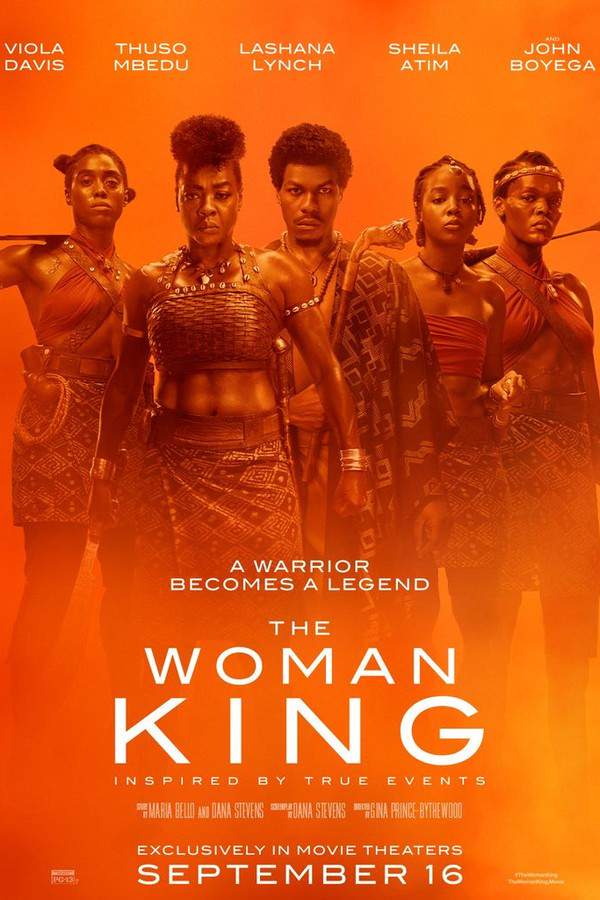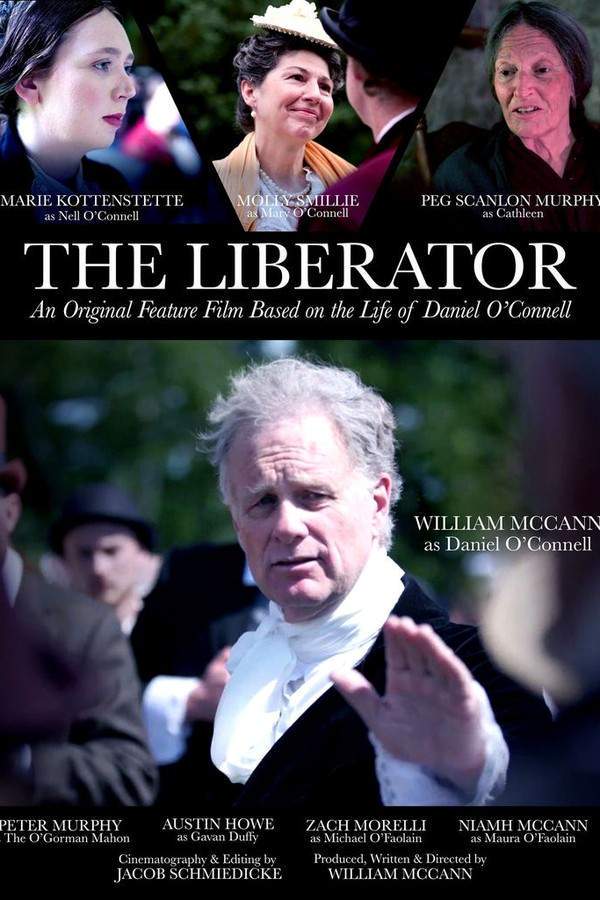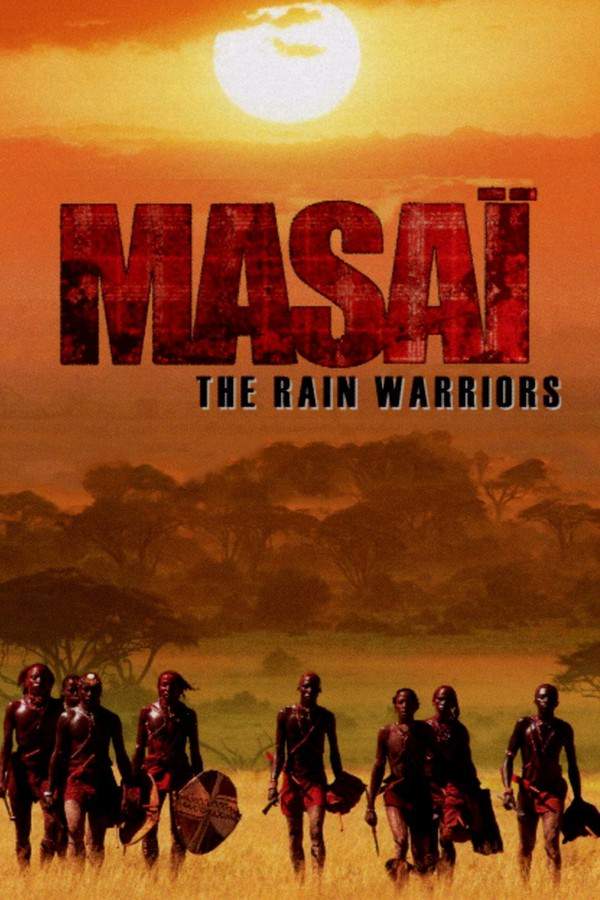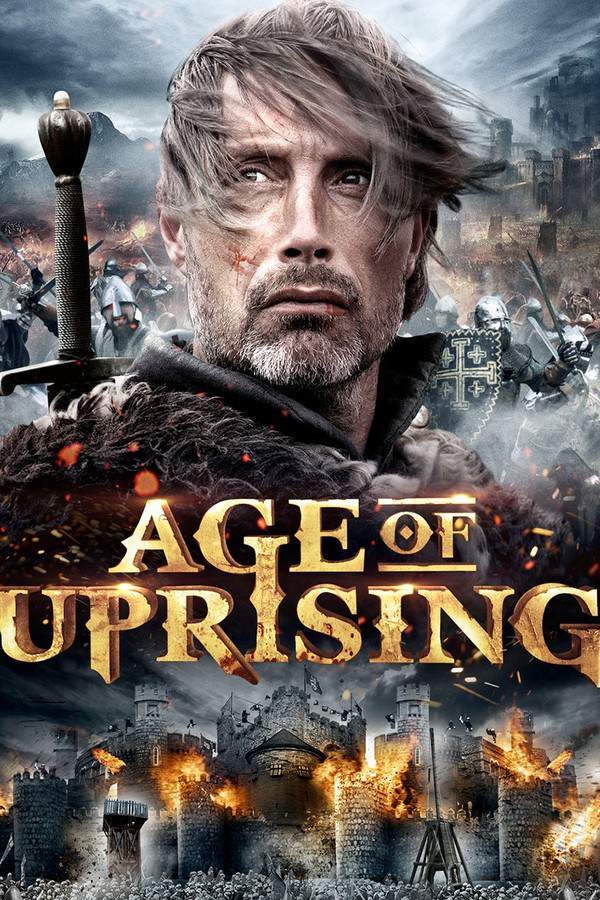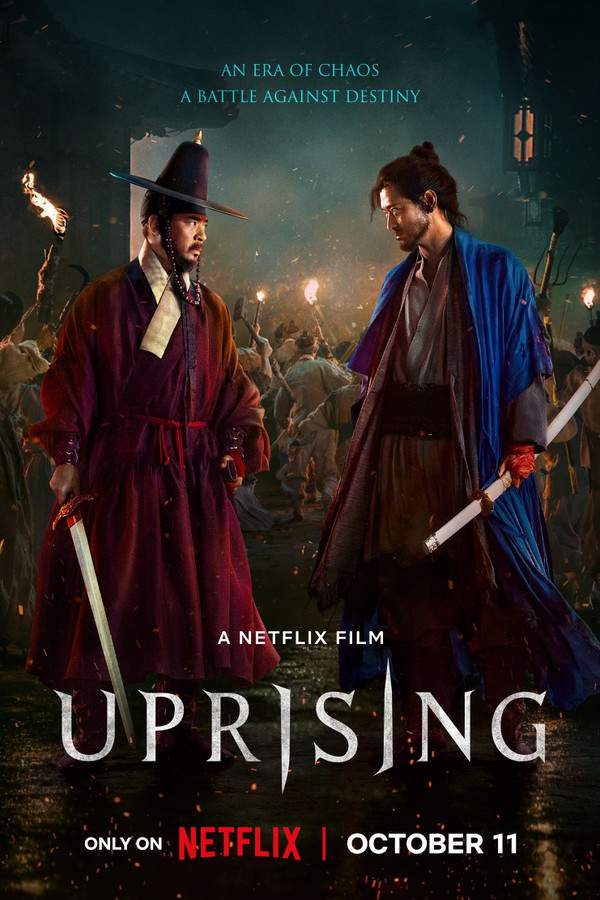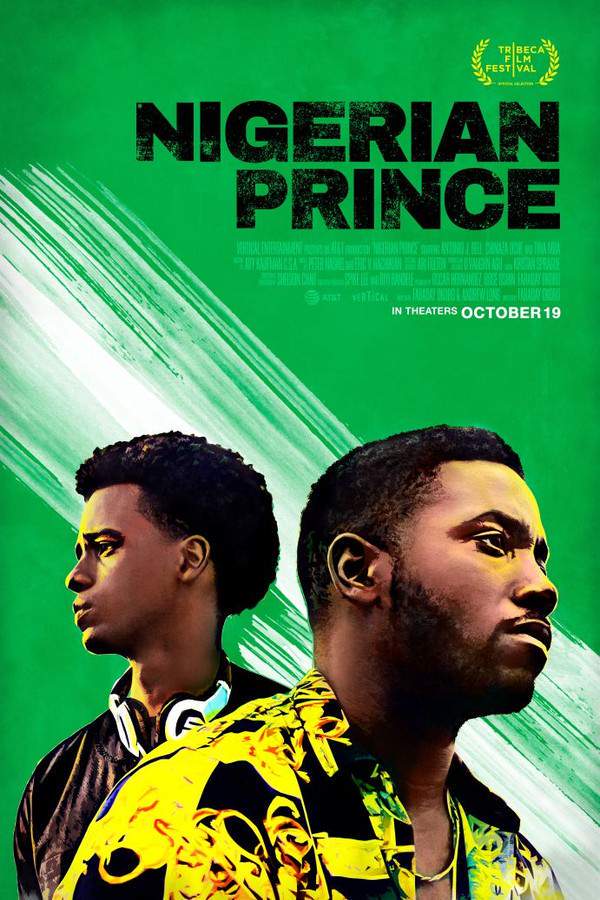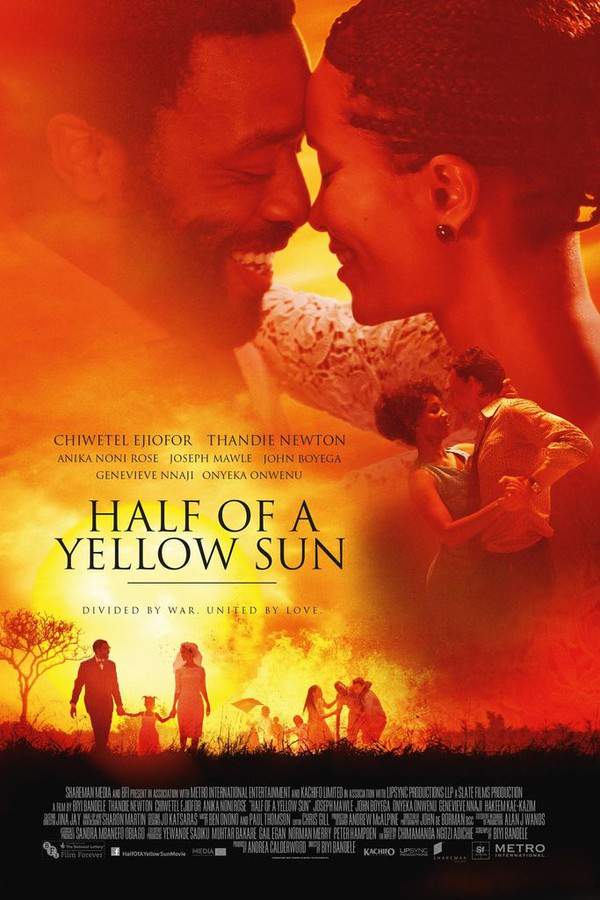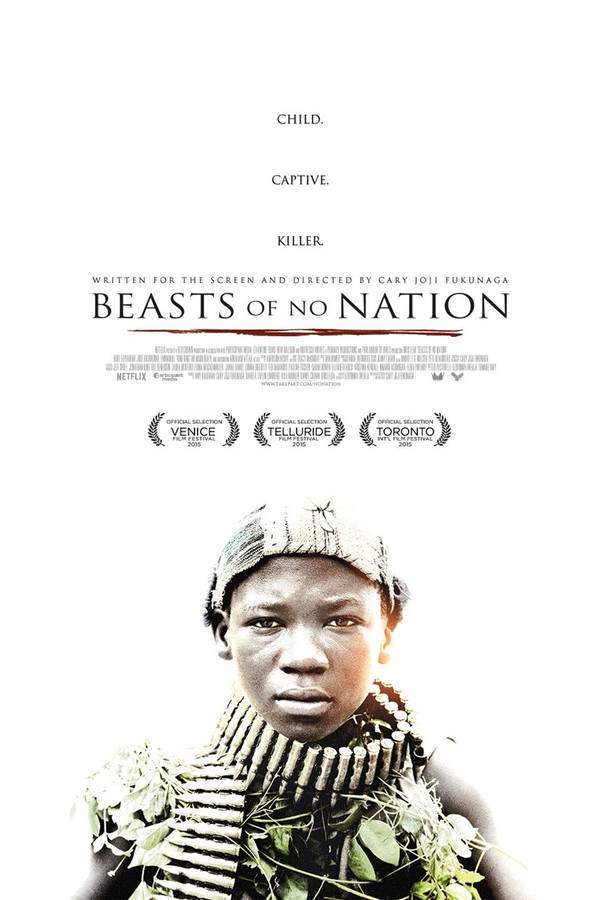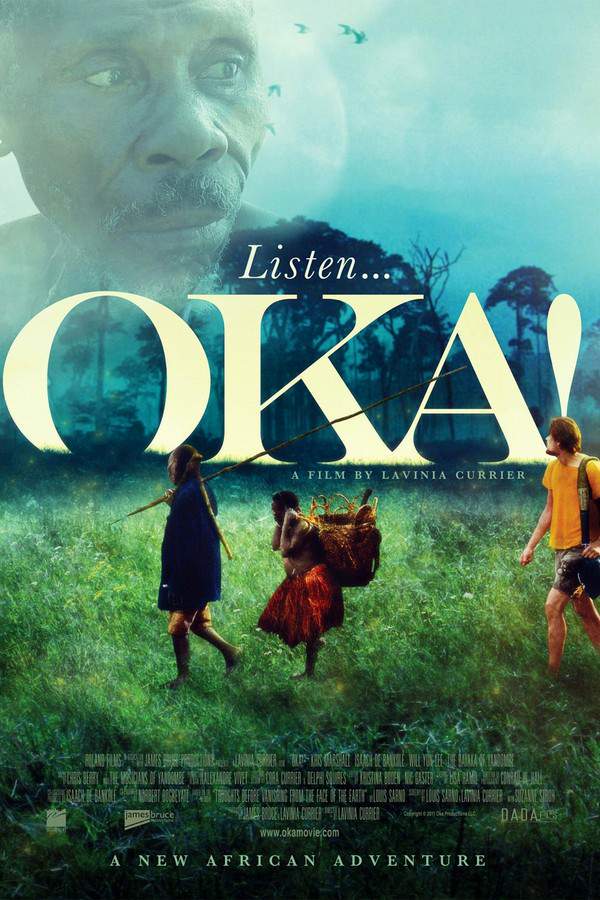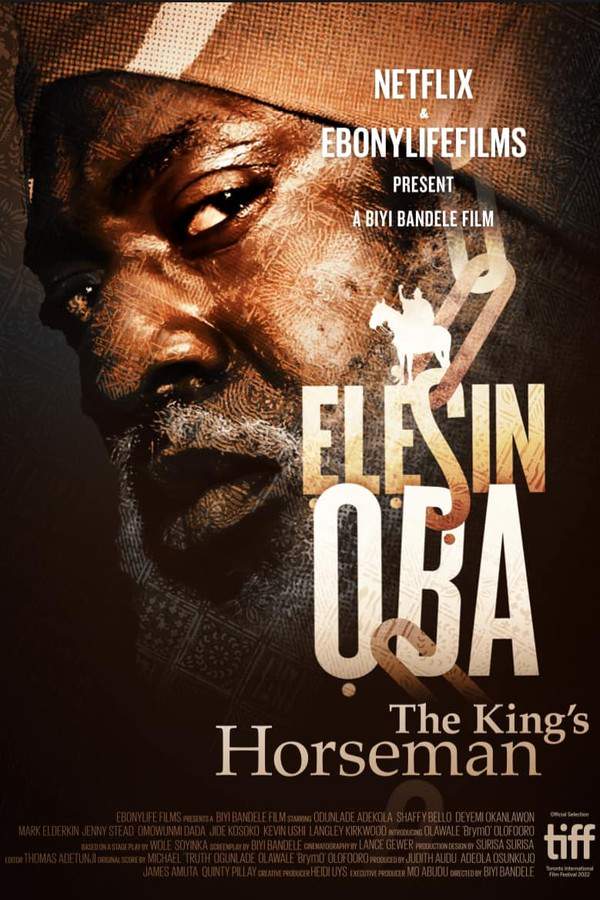Lisabi: The Uprising 2024
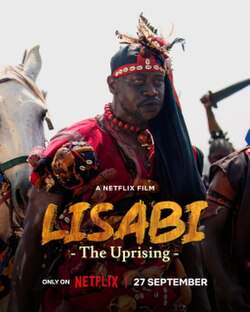
Amidst a period of hardship and injustice, a heroic figure emerges to confront a powerful empire. Lisabi sparks a rebellion fueled by a fierce longing for liberation. His bravery will profoundly influence the future of the Yoruba people.
Does Lisabi: The Uprising have end credit scenes?
No!
Lisabi: The Uprising does not have end credit scenes. You can leave when the credits roll.
Meet the Full Cast and Actors of Lisabi: The Uprising
Explore the complete cast of Lisabi: The Uprising, including both lead and supporting actors. Learn who plays each character, discover their past roles and achievements, and find out what makes this ensemble cast stand out in the world of film and television.
External Links and Streaming Options
Discover where to watch Lisabi: The Uprising online, including streaming platforms, rental options, and official sources. Compare reviews, ratings, and in-depth movie information across sites like IMDb, TMDb, Wikipedia or Rotten Tomatoes.
Ratings and Reviews for Lisabi: The Uprising
See how Lisabi: The Uprising is rated across major platforms like IMDb, Metacritic, and TMDb. Compare audience scores and critic reviews to understand where Lisabi: The Uprising stands among top-rated movies in its genre.

5.2 /10
IMDb Rating

60
%
User Score
Take the Ultimate Lisabi: The Uprising Movie Quiz
Challenge your knowledge of Lisabi: The Uprising with this fun and interactive movie quiz. Test yourself on key plot points, iconic characters, hidden details, and memorable moments to see how well you really know the film.
Lisabi: The Uprising Quiz: Test your knowledge on the key events and characters in 'Lisabi: The Uprising' as the Egba people rise against oppression.
Who is the ruler of the Olodan kingdom?
Full Plot Summary and Ending Explained for Lisabi: The Uprising
Read the complete plot summary of Lisabi: The Uprising, including all major events, twists, and the full ending explained in detail. Explore key characters, themes, hidden meanings, and everything you need to understand the story from beginning to end.
King Olodan, the formidable ruler of the Olodan kingdom, stands his ground against the Alaafin, the tyrannical ruler of the Oyo Empire, by refusing to pay the exorbitant tributes that have been demanded. His rebellion does not go unnoticed; in a brutal act of retribution, King Olodan is captured, beaten, and dragged to the palace, where the toll of tribute – consisting of hard-earned money and farm produce from the villagers – is forcibly extracted from the people’s meager possessions. As a result of his defiance, the Alaafin decrees his execution, serving as a grim warning to anyone who might contemplate a similar challenge to his authority.
The oppression does not stop there. The heartless Songodeyi, played by Gabriel Afolayan, leads a ruthless band of tribute collectors who wreak havoc upon the Egba people. In a shocking twist of brutality, these marauders seize more than their fair share, exacting terror upon compliant villagers; their heinous acts include the violation of young women and the cold-blooded execution of anyone daring enough to resist. As a cloud of despair envelops the land, daily life for the farmers and villagers of Egba becomes a nightmarish struggle.
Among the brave souls witnessing the tribulations of their community is Oshokenu, whose friend, the diligent farmer Lisabi, supports him in every endeavor. Oshokenu, played by Adebowale Adedayo, is compelled to respond when he sees the tribute collectors take advantage of a vulnerable businesswoman and her daughter. Overcome with indignation, he confronts them, questioning, > “Why do you take only women? Men should go with them too.” His boldness, however, invites severe repercussions, and for his resistance, he endures a vicious public punishment, leaving an indelible mark on his face and spirit.
Despite his reputation as a lazy farmer, Oshokenu harbors dreams of marrying the beautiful Abebi, played by Adebimpe Oyebade, a radiant light-skinned woman from Egba. With the unwavering support of Lisabi, he wins her heart, and they agree to marry. But their joy is short-lived; as Abebi embarks on the journey to her new home, she is ambushed by Songodeyi and his goons, suffering unimaginable trauma that leads her to take her own life in a state of despair.
Driven by the tragic fate of Abebi, Oshokenu vows to exact revenge against the oppressors. In a thrilling confrontation, he succeeds in killing ten tribute collectors, but his triumph is bittersweet as he is fatally shot in the process. In his final moments, Lisabi arrives, witnessing the devastation of his friend. Moved by Oshokenu’s dying plea, Lisabi steps up to become the beacon of hope for the Egba people in their quest for revenge and justice. He initiates a communal farming effort that enables the farmers to function as a unified front, creating a guise of cooperation to mask their true intentions from the overbearing Oyo forces. However, within this apparent compliance lies Lisabi’s master plan: to rally the Egba for an uprising against their oppressors.
Through his sharp strategic insight and exceptional leadership, Lisabi establishes the Aaro society, a covert communal work group that secretly lays the foundation for a grand rebellion. As tensions between the Egba and their Oyo overlords escalate, Lisabi meticulously organizes an uprising, leading to a series of intense battles that ultimately culminate in the Egba people’s triumphant victory over the Oyo forces, marking their long-awaited liberation and independence from tyranny.
Watch Trailers, Clips & Behind-the-Scenes for Lisabi: The Uprising
Watch official trailers, exclusive clips, cast interviews, and behind-the-scenes footage from Lisabi: The Uprising. Dive deeper into the making of the film, its standout moments, and key production insights.
Movie Themes and Keywords
Discover the central themes, ideas, and keywords that define the movie’s story, tone, and message. Analyze the film’s deeper meanings, genre influences, and recurring concepts.
Similar Movies You Should Know About
Browse a curated list of movies similar in genre, tone, characters, or story structure. Discover new titles like the one you're watching, perfect for fans of related plots, vibes, or cinematic styles.
Quick Links: Summary, Cast, Ratings, More

What's After the Movie?
Not sure whether to stay after the credits? Find out!
Explore Our Movie Platform
New Movie Releases (2025)
Famous Movie Actors
Top Film Production Studios
Movie Plot Summaries & Endings
Major Movie Awards & Winners
Best Concert Films & Music Documentaries
© 2025 What's After the Movie. All rights reserved.












